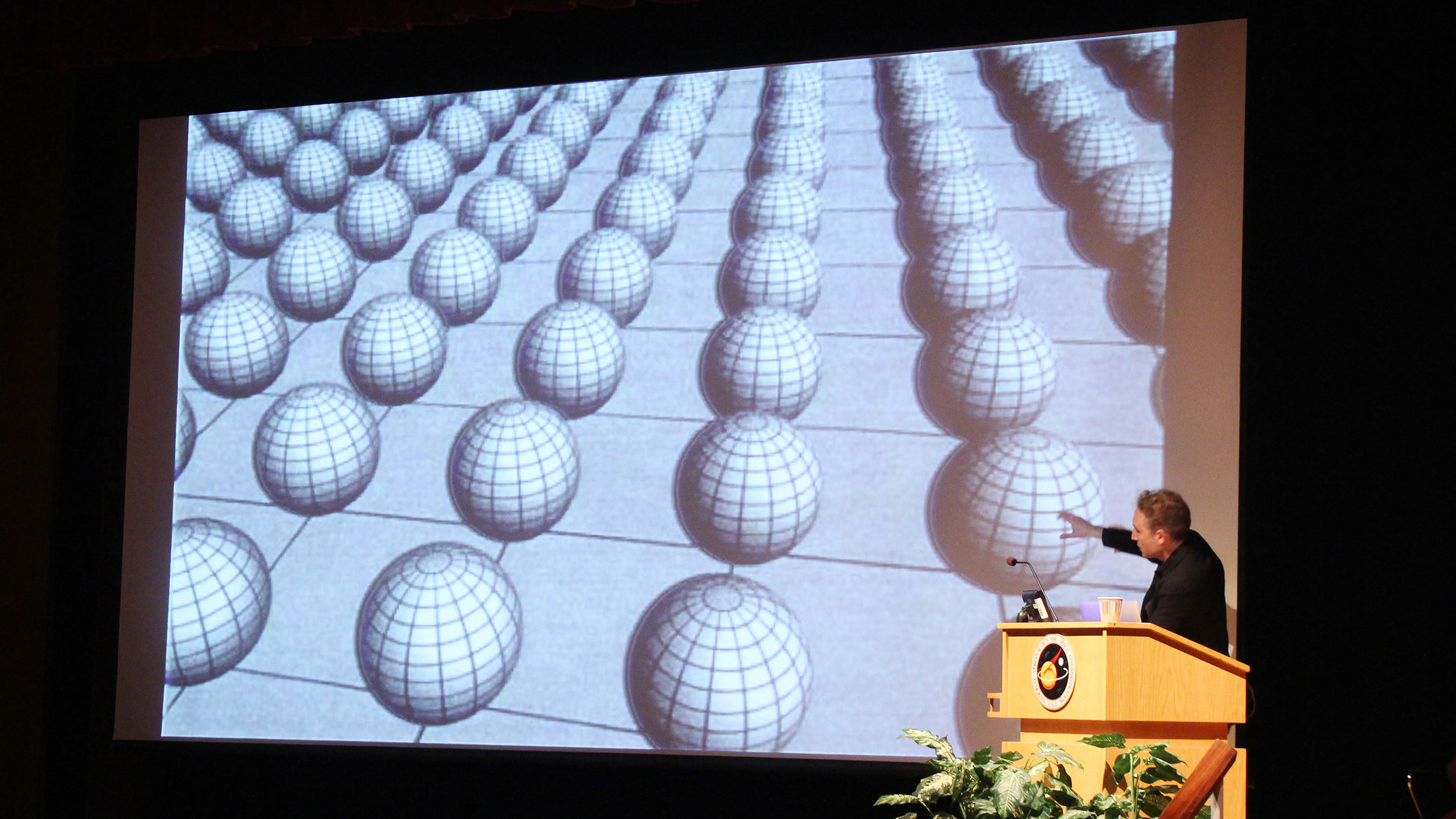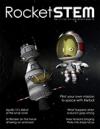| Online: | |
| Visits: | |
| Stories: |
String theorist Brian Greene and the challenges of physics

Have you ever stared up at the night sky contemplating how the universe works? Have your thoughts ever drifted off into the realm of the infinite? Theoretical physicist Brian Greene not only ponders these questions, but his research into String Theory could one day prove successful in answering them.
Greene is an author, professor, creator of his own Massive Open Online Courses (MOOC), and a vegan ice cream lover. He has even made guest appearances on high profile television shows, such as “The Big Bang Theory”. First and foremost, through his research, Greene is searching for answers to some of the deepest questions surrounding the structure and creation of the universe.
The simplicity behind the thoughtful explanations to questions that boggle the greatest minds in science, stood out to me most when interviewing Greene. Because he is extremely talented at generating descriptive and vibrant explanations, it felt like he was splashing color on a canvas in my mind. He carefully approached every question without judgment – from the far-out and theoretical, to the concrete and factual.
At the beginning of our interview, I furiously took notes, but as we progressed, I let the recorders do the work and just listened to the stream of thought he shared with me on some of the most beautiful and elusive mysteries surrounding the cosmos.
RocketSTEM: Why physics? Were you curious as a child? Did that curiosity guide you gracefully towards your career path?
Brian GREENE: “It was a pretty seamless path. When I was a little kid I was completely fascinated by numbers, so I was kind of a math kid. A little later on I learned that math was more than just something you played with – that it could be used to describe how the world works – and that was a pivotal moment for me. I carried on that trajectory of applying mathematics to understand the physical universe, then as a grad student using math for some of the more esoteric and far-out ideas of physics. Things like unified theories and string theory I worked on and continue to work on, and that pretty much landed me where I am now.”
Read the rest of this article at RocketSTEM magazine.




